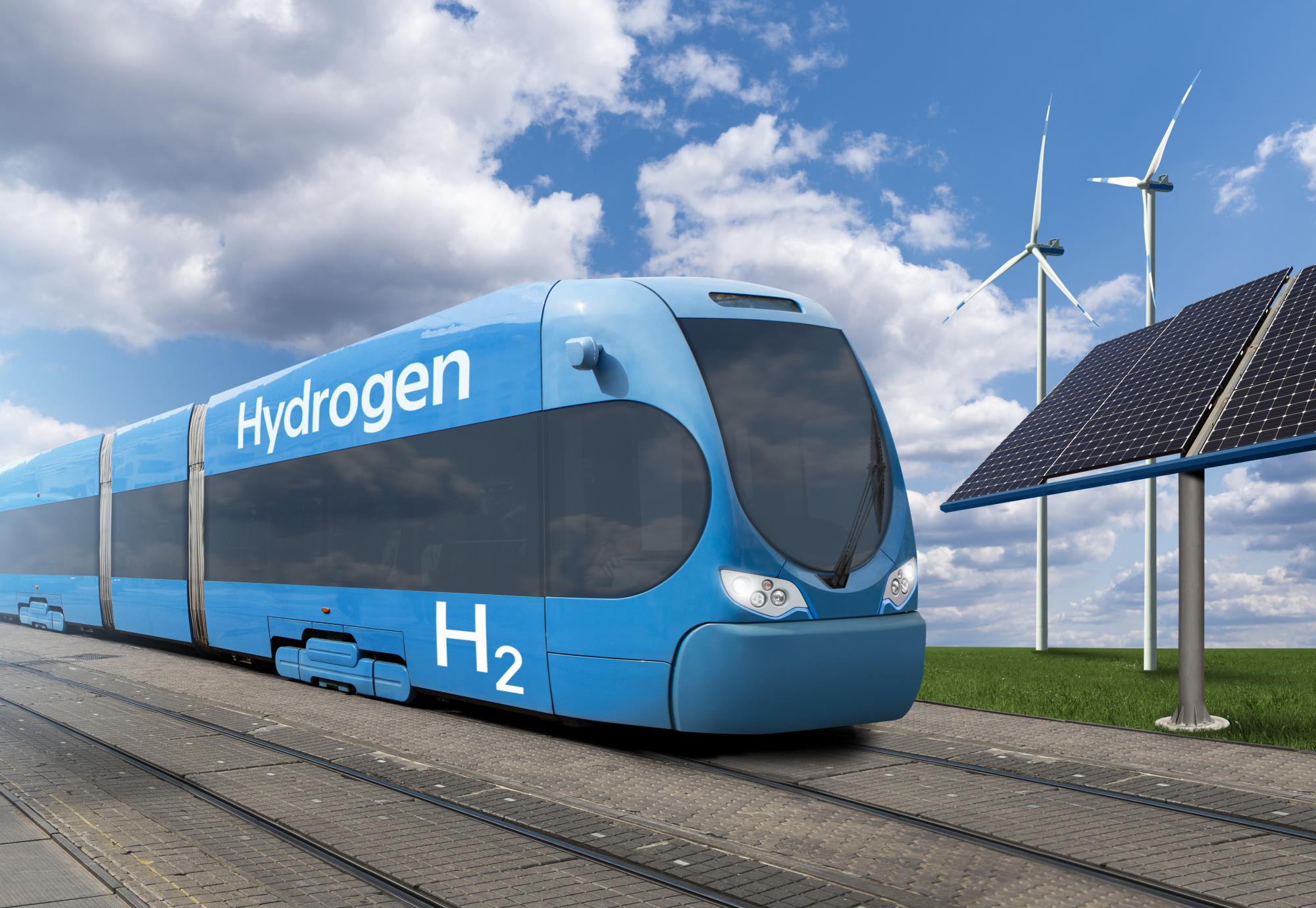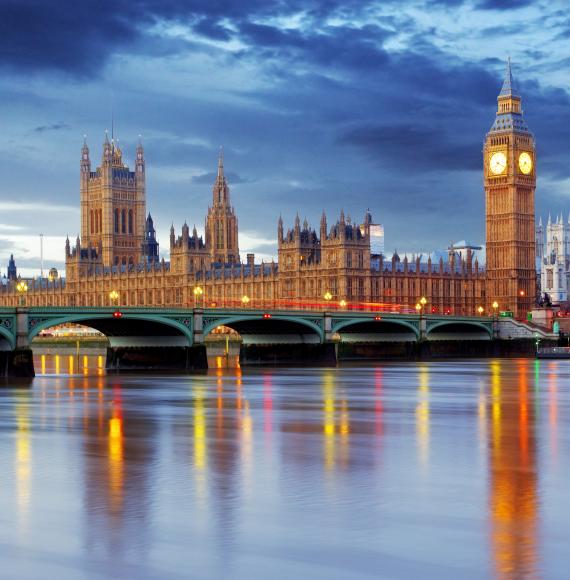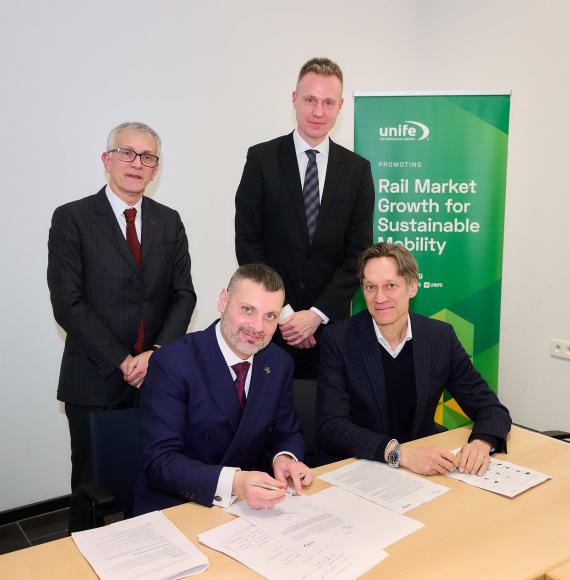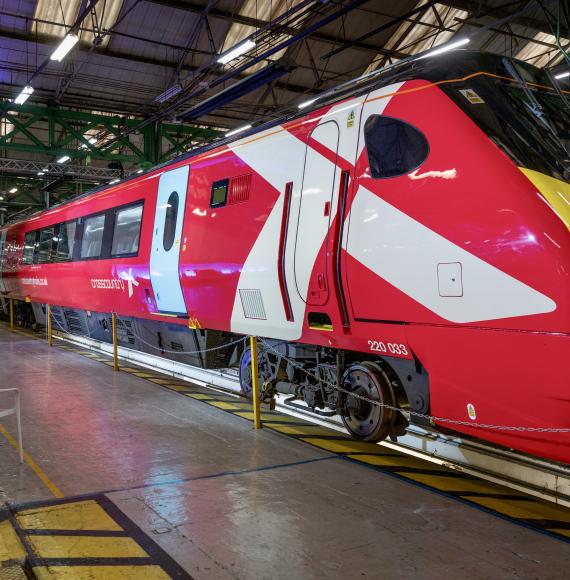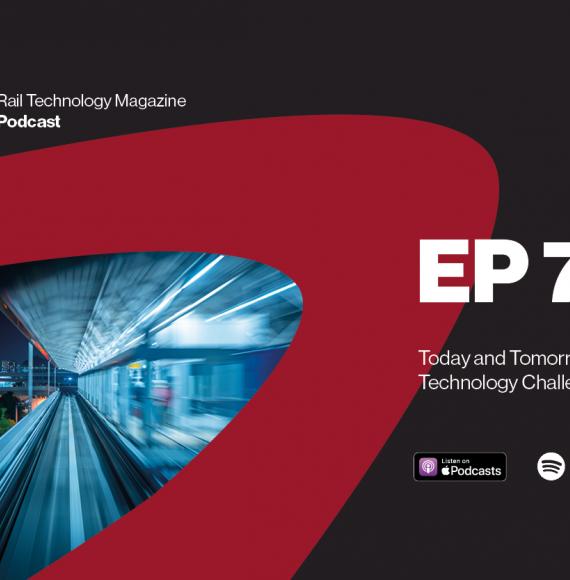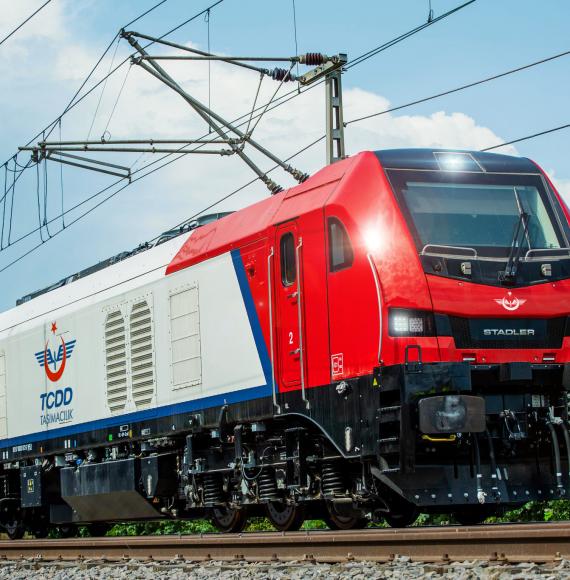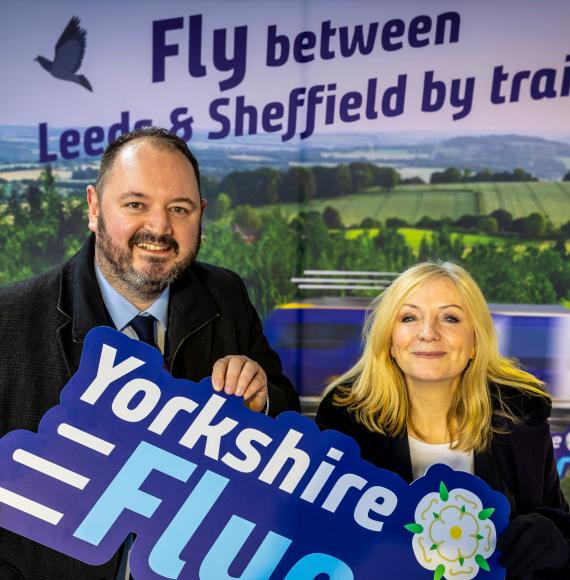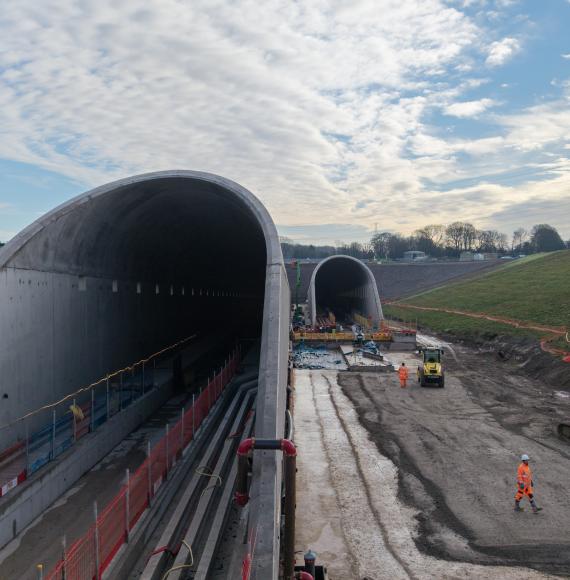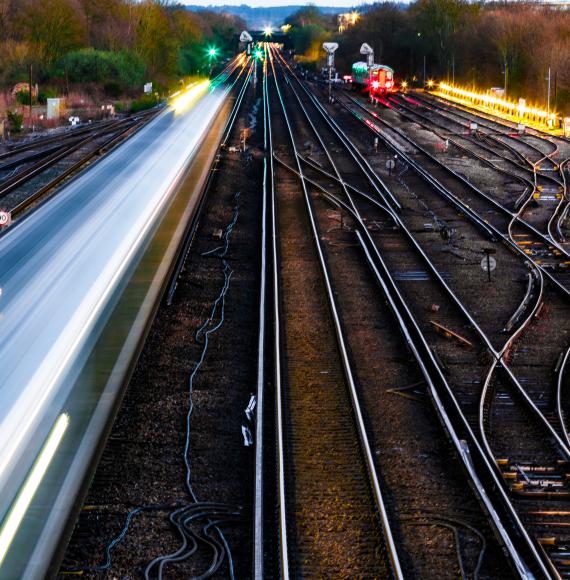The development of liquid organic hydrogen carrier technology (LOHC) continues, as more companies jump on board this unique approach for transporting freight.
The LOHC technology involves an organic carrier liquid which absorbs hydrogen, then releases it only when required, consequently stopping the hydrogen escaping as a gas, negating the need for it to be stored at a high pressure, or at a low temperature.
The technology is also being used for other modes of transport, such as automobiles, buses and airplanes. Hydrogen buses have already been tested in cities like London and Aberdeen, and hydrogen fuel airplanes have also taken off in recent years.
The Railway Industry Association (RIA) is pushing the UK government to pump time and funding into a new fleet of hydrogen-powered trains, in the hopes of getting the nation’s transport policy on track, whilst modernising existing rolling stock.
The group aims for the government to support pilot projects, to test the viability of hydrogen as a way to boost economic growth, as well as being a clean source of fuel.
A spokesperson explained in a briefing note “hydrogen trains will have a vital role to play alongside conventional electrification – as the UK looks to develop a Net Zero economy by 2050.”
As it currently stands, hydrogen trains have a range of up to 800 miles and travel double the speed of standard trains that transport freight.
The spokesperson added, “these trains would, therefore, be a plausible direct replacement for existing diesel passenger rolling stock on no longer and less intensively used regional routes, with speeds of 100 mph.”
Meanwhile, Freightliner has, in partnership with various other specialist suppliers, been successful in securing government funding to develop a dual-fuel solution for their Class 66 locomotives. The company is one of 30 winners to have won the First of a Kind (FOAK) competition announced by the UK’s Transport Secretary.
Although rail is already known as the safest and greenest method of ground freight transportation, the competition aims to make railways even cleaner, greener and more passenger friendly.
Freightliner UK’s Rail Managing Director, Tim Shakerley said: “Freightliner is excited to be a key partner in this pioneering decarbonisation project. As the largest freight operator of electric traction, we already have a number of environmentally motivated initiatives underway and are delighted to be working with Clean Air Power.”
The project will look into investigating the ability to substitute diesel with both hydrogen and biogas on the Class-66 locomotive to reduce carbon emissions. The solution will back the decarbonisation of freight operating companies in a cost-effective way, whilst facilitating operational learning in support of a longer-term replacement programme to potentially one day use, 100% hydrogen fuel.
A number of other major companies are also steadily jumping on board the development of hydrogen-powered trains. For example, Siemens’ Mireo Plus H train has been carefully designed to store hydrogen as gas in tanks.
The company will start testing liquid organic hydrogen in partnership with Helmholtz Institute Erlangen-Nuremberg of Renewable Energy this month.

